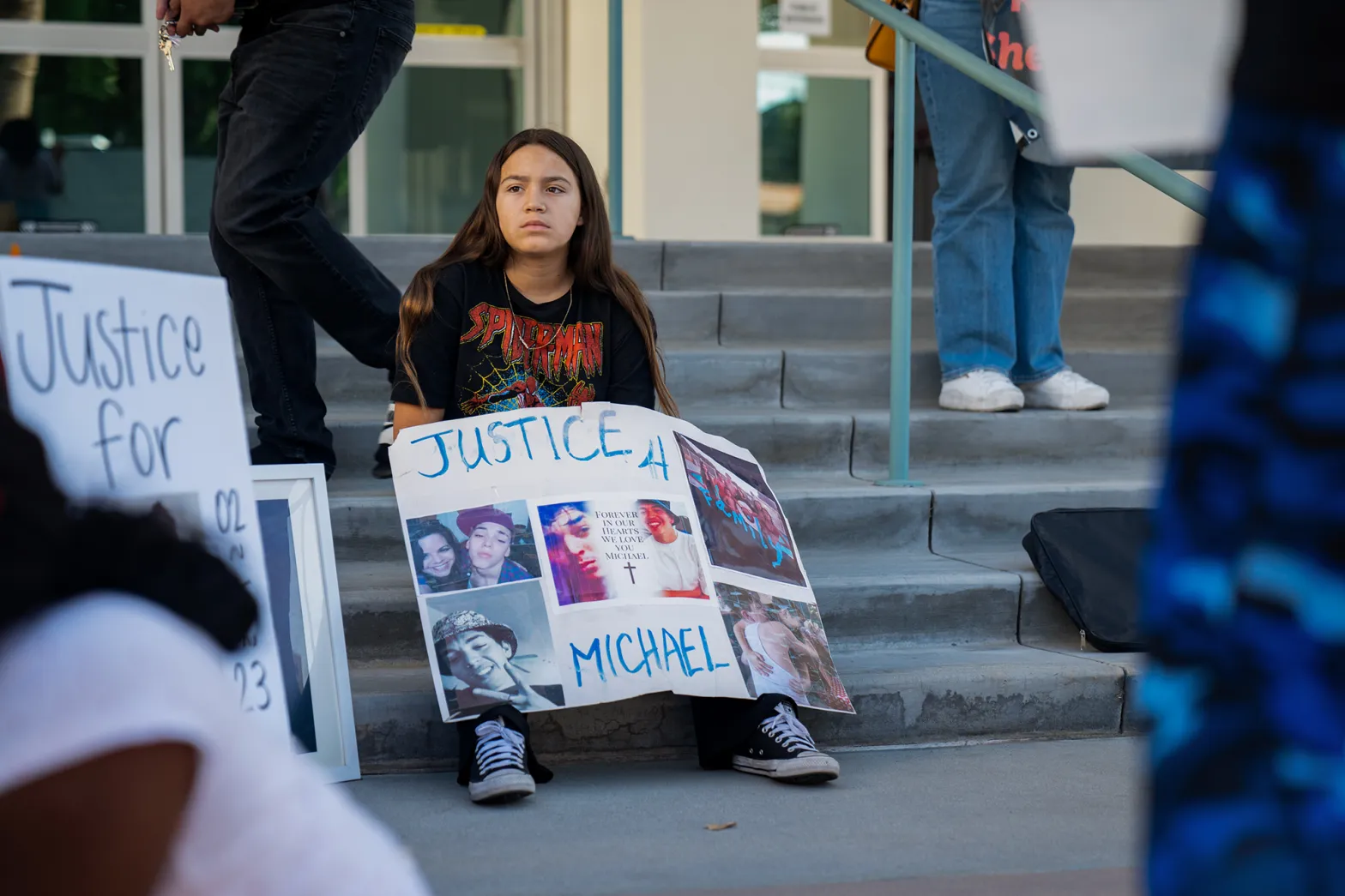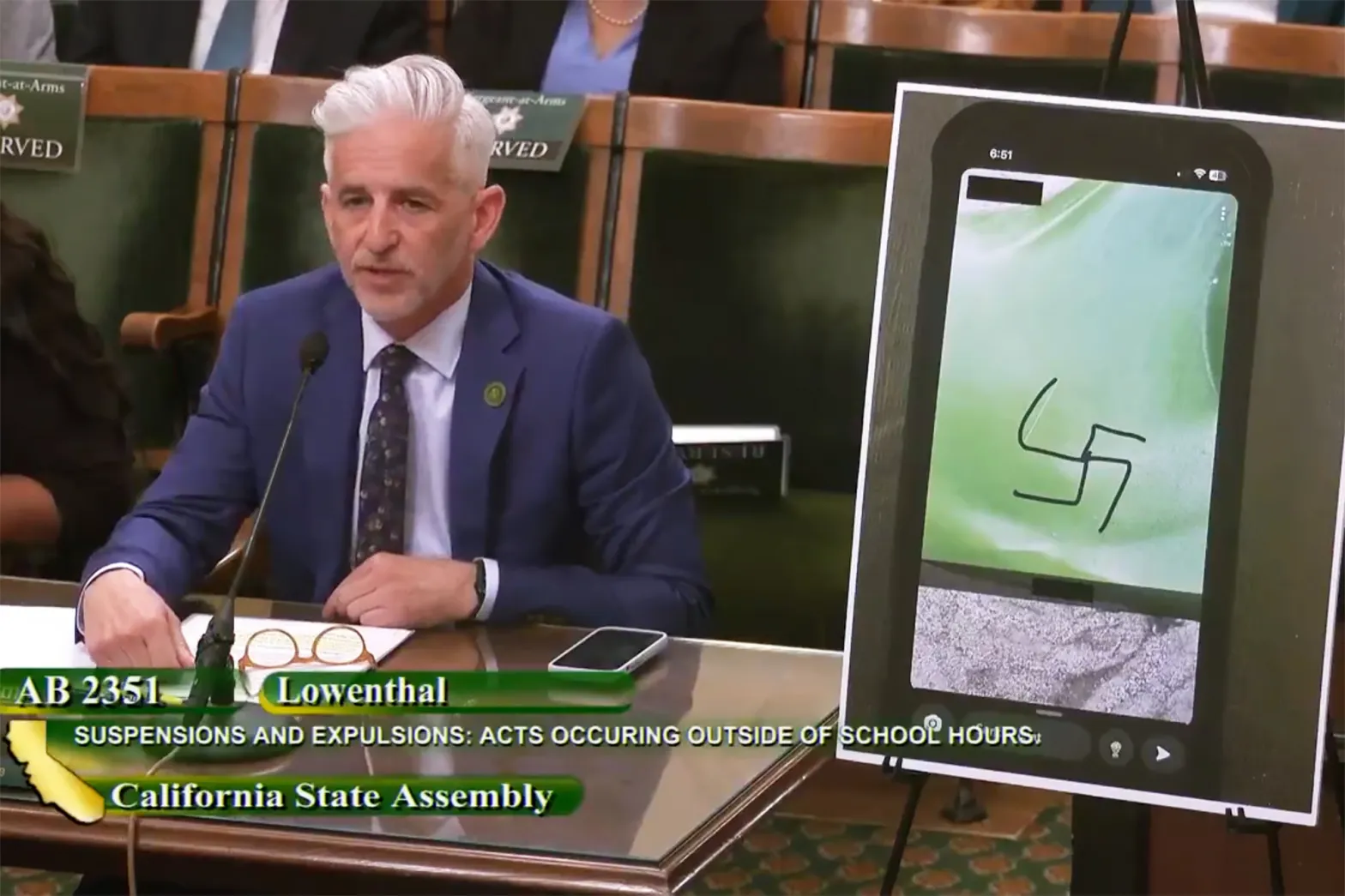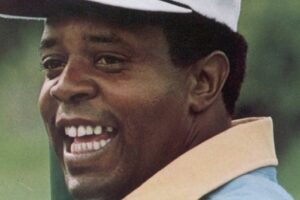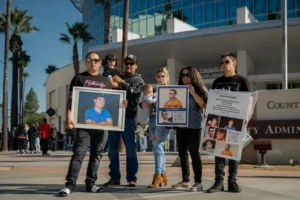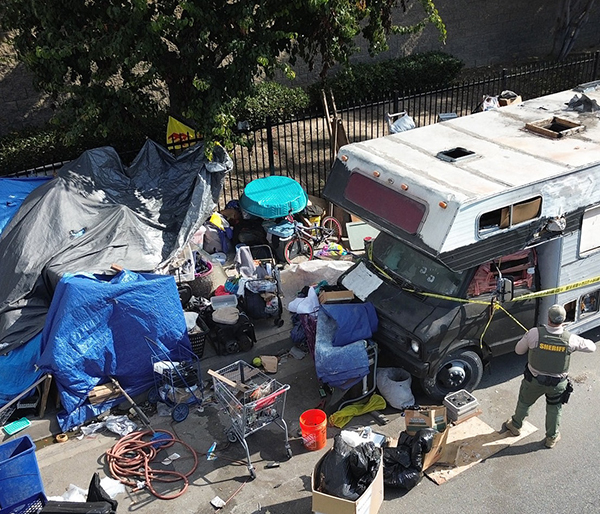THE HUTCHINSON REPORT
By Earl Ofari Hutchinson
Contributing Columnist
Newly elected Los Angeles County District Attorney George Gascón was as good as his word in his first pronouncements about where he is taking the D.A.’s office.
He pledged during his campaign to oust Jackie Lacey that he would roll back much of the frozen, outdated and repressive inactions of Lacey. The most outrageous were her pushing the death penalty for mostly Blacks and Hispanics, trying juveniles as adults, doing little to nothing to help clear the records of ex-felons who served their time, and failing to put a de-emphasis on prosecuting drug and non-violent offenses.
Far and away though, Lacey’s most outrageous offense that repeatedly put her on the hot seat with me and other Black activists was her mule-like refusal to prosecute police officers who blatantly use deadly force against civilians.
Gascón was emphatic in stating that none of this will happen on his watch.His pronouncements are a good start for sure.
But, and it’s a big but, it’s only the start. Gascón is going to have to deal with a frozen mindset that trapped Lacey and others who hold that office. They are prosecutors first, second and last.
Their mandate, training, thinking, and most troubling, their orientation is toward prosecuting, incarcerating, and being tough law and punishment advocates. The least hint of any deviation from this mindset in a district attorney’s office touches off a storm of rage and resistance from other prosecutors. It sets off even more bells and whistles of protest and resistance from many police officials.
That is not surprising. District attorneys, in effect, are extensions of police departments. They work hand in glove with police on investigations, arrests and trials. The name of the game is to put as many of the supposed bad guys behind bars as possible, and preferably see that they stay behind bars as long as possible.
District attorneys were the loudest proponents of three-strikes provisions state legislatures routinely rushed through a few years back. With few exceptions, they also were the loudest in protest against any relaxing or outright repeal of three strikes laws.
Gascón has already bumped into some of that lock em’ up, tough law enforcement, mindset after he announced his shift in direction. There were grumbles from some of the deputy district attorneys that he was moving too fast and too far with the changes that he announced.
The test for him will be to sell his reforms to them and, failing that, being forceful enough to demand that they accept the changes or consider finding employment elsewhere.
Gascón has joined the growing nationwide trend among prosecutors to back off the death penalty except in the most heinous cases and to find more ways to fund and push rehab, treatment and alternative sentencing to prevent packing the jails with drug and petty non-violent offenders. He also has gone a step further and promised to establish a unit creation that will review questionable police shootings.
That is going to be the toughest nut for him to crack. In conversations with me, he assured that he would take a flexible, transparent approach to police abuse cases. I took that to mean that he would look hard at the evidence and weigh carefully whether his office could get a conviction against the dubious violence by an officer.
That is not a small consideration. Judges and especially juries have been loathe to convict officers in cases involving excessive force against civilians. And Gascón, like other D.A.s, knows that the name of the game in prosecutions is getting convictions.
Gascón is aware that D.A.s play it close to the vest on this issue for another very good reason. To go after cops is fraught with political peril. They become instant targets of police unions with local politicians ducking for cover and not raising a peep of protest when the assault on a reform-minded D.A. kicks into gear. That was the case in Chicago and Baltimore where African-American female top prosecutors hauled police officers into court for blatant acts of excessive force against civilians. The message was clear to these prosecutors: Don’t even think about it if you want to keep your job.
Despite the police union counterattacks against these DAs, things are changing. The ranks of DAs who are not willing to turn a blind eye toward police misconduct are growing.
They are taking a much harder look at police misconduct cases, and in some cases, are pushing prosecution for violations. They have shown that they can be tough on crime, yet still hold cops accountable when they break the law.
They can at the same time back effective alternative programs to put the brakes on the continued mass incarceration of mostly poor Blacks and Hispanics.
Gascón will continually be challenged to ensure transparency and accountability on the always thorny question of combatting police misconduct. He has promised to change much in this area. Much depends on him continuing to deliver on that promise.
Earl Ofari Hutchinson is an author and political analyst. He is the author of “Why Black Lives Do Matter” (Monthly Review Press). He also is a weekly co-host of the Al Sharpton Show on Radio One and the host of the weekly Hutchinson Report on KPFK 90.7 FM Los Angeles and the Pacifica Network.

